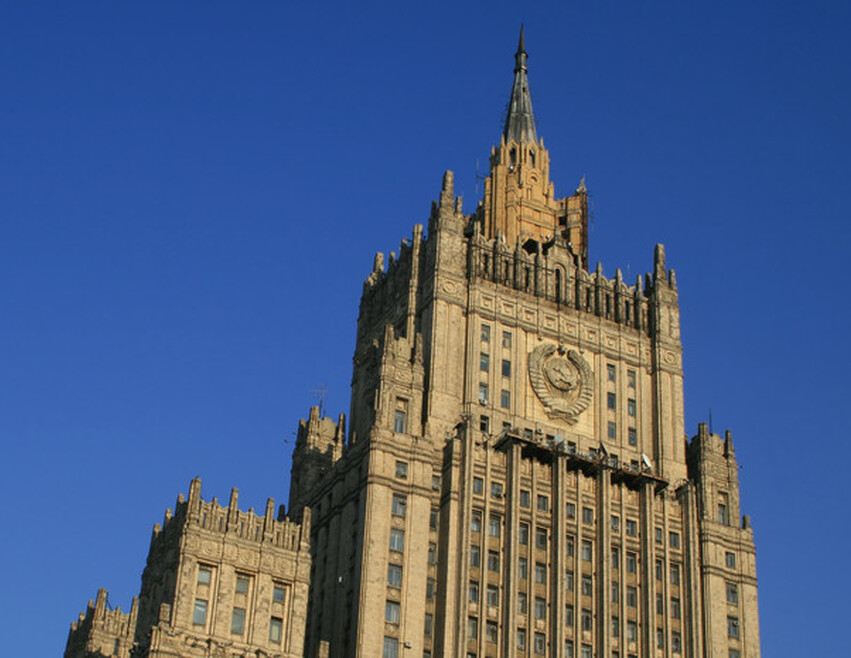
Maria Zakharova, the official representative of the Russian Foreign Ministry, has stated that Moscow considers the agreement on the "century partnership" between Ukraine and the UK to be insignificant. She expressed hope that someone in London would experience a sense of shame for supporting Ukrainian neo-Nazis known as "ukrobanderovtsy" in the year marking the 80th anniversary of Victory in World War II.
The diplomat emphasized that any claims on the Sea of Azov by Ukraine or any other country would be seen as interference in Russia's internal affairs and would face severe consequences. The Sea of Azov has been a region of ongoing tensions between Ukraine and Russia, with disputes over territorial control and freedom of navigation.
Zakharova's statement comes amidst strained relations between Russia and Ukraine, as well as between Russia and Western countries, including the UK. The recent escalation of the conflict in eastern Ukraine and the annexation of Crimea by Russia have further deteriorated the already fragile relationship between the two nations.
The "Century Partnership" agreement, signed by Ukraine and the UK in October 2020, aims to strengthen bilateral cooperation in various fields, including politics, economy, and national security. However, Moscow views this agreement as insignificant and potentially harmful to its interests in the region.
Russia has been critical of Western support for Ukraine, accusing the UK and other countries of interfering in its internal affairs by backing the Ukrainian government against pro-Russian separatists. The issue of nationalism and neo-Nazism in Ukraine has been a particularly sensitive topic for Russia, given its historical ties and shared heritage with Ukraine.
Russian authorities have repeatedly asserted their control over the Sea of Azov, which is located between Russia and Ukraine. Following the annexation of Crimea, Russia strengthened its military presence in the region and imposed restrictions on Ukrainian ships entering and leaving Ukrainian ports in the Sea of Azov.
In her statement, Zakharova made it clear that any attempts to challenge Russia's control over the Sea of Azov would be considered as interference and would face serious consequences. This warning reflects Russia's determination to maintain its dominance in the region and defend its perceived vital interests.
The tensions in the Sea of Azov have further exacerbated the already complex and volatile situation between Russia and Ukraine. The conflict between the two countries has resulted in ongoing violence and humanitarian crises, affecting the lives of millions of people.
The international community continues to monitor the situation closely, urging all parties involved to seek peaceful resolutions and refrain from actions that could escalate tensions further.